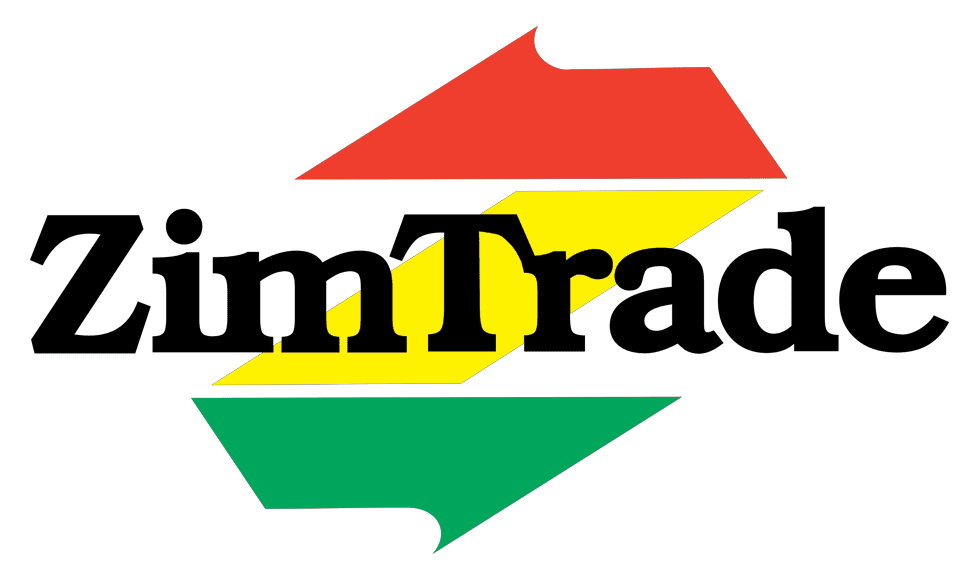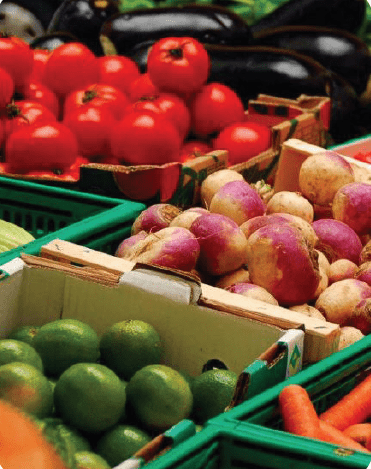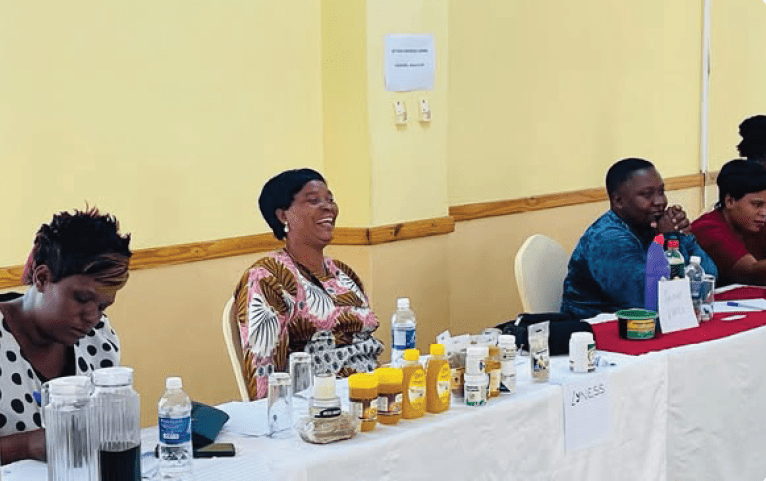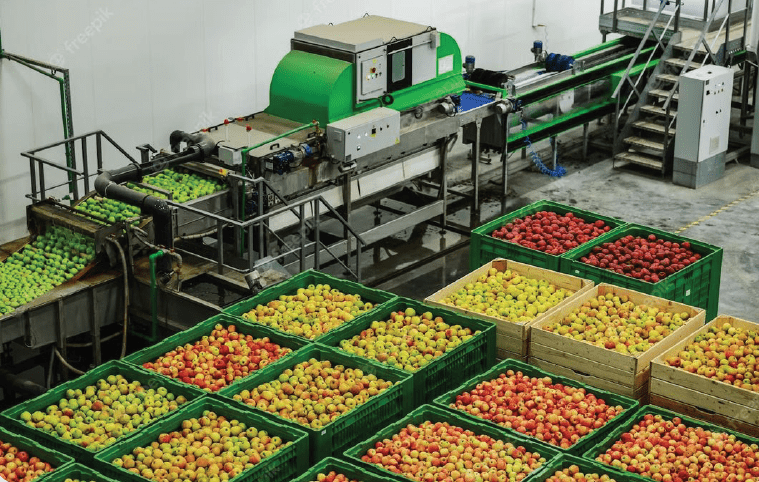“IF YOU want to go fast, go alone. If you want to go far, go together.”
This adage might seem old, but it captures some of the solutions that will drive Zimbabwe’s exports, particularly focusing on the contribution of small-scale players.
There is an increasing realization that small businesses and small holder farmers play an in important role in the economy and development of communities.
Apart from contributing to internal economic activities, these small businesses also have a potential to export their products and services.
However, given the nature of their economic activities and economies of scale, small businesses often face competitiveness challenges on the export market due to the high cost of doing export business.
As a result, in most cases they do not take part in global market activities, leading to minimal contribution to Zimbabwe’s export growth by this sector and if they do, most of the activities remain informal.
To address these challenges, business associations play a crucial role in giving much needed support to boost exports from small businesses.
These associations form alliances to work together and improve their business performances and capacities.
For example, it might be expensive for a local small business to pay for transporting goods outside Zimbabwe but if they belong to an association, there is room to pull resources together and fund logistics required to transport goods.
This arrangement will ensure that one small business does not bear the huge cost of transporting goods on its own and will be more competitive on the export market.
The pulling of resources can also assist small businesses to develop into larger enterprises, through acquisition of capital equipment that improves on efficiencies.
An example is that small-holder tomato farmers can come together and acquire equipment for canning their produce for export to avoid loss of product during the peak season.
Such an arrangement would ensure that the farmers earn more by value-adding, hence increasing the “shelf life” of their tomatoes.
There is demand for canned tomatoes in countries such as Namibia and Angola, which an association of small-holder farmers has a greater chance of supplying than individual operations.
By the same token, small businesses that belong to an association stand a better chance of fulfilling export market demands if they consolidate their goods and supply the required quantities.
However, to ensure consistency of quality, there is need for consolidation of processes, which will ensure that the several businesses produce an identical product although operating from different production facilities.
For example, one small business producing 500 pairs of shoes per week might fail to meet a demand for 10,000 pairs per month.
This target can, however, be easily met if five or six similar small businesses all produce the same required type of shoe and export as one consignment.
This way, small businesses will have an opportunity to take part in the global export market, and over time grow their businesses.
Additionally, entities that are members of business associations have the advantage that their issues are well represented to government and other relevant authorities, for an enabling environment for doing business.
This is because associations have organized members that are governed by codes of practice which promote the development of the sectors.
Current examples of success stories of associations in Zimbabwe that are providing business related support to their members include the Chipinge Macadamia Association that has been active in offering training in production expertise to its members.
The Association hosts seminars and workshops to assist their members with production related strategies, among other things.
Members also have the opportunity for peer-to-peer learning and mentorship that allows for networking and sharing of knowledge and experience with other members.
Further, the Association is currently developing a five-year plan that will cover key aspects of value addition and participation of members on the global export market.
Through the five-year plan, Association members are looking forward to improving output and quality of macadamia nuts and increase exports to Europe, Asia and the rest of the African continent.
This way members learn global trends in doing business and brainstorm opportunities in the export market.
The Midlands Farmers’ Hub, an association of small-scale farmers in the Midlands region (mainly around Gweru) has been working with ZimTrade in capacity building and market linkage support.
The capacity building activities include export awareness seminars that covered the foundations for export marketing, finance for exports and export documentation.
Other capacity building trainings covered requirements for organic certifications that will make it easy for local products to penetrate the global market, such as GlobalGAP.
Further to this, ZUBO Trust, a member-based organisation in Matabeleland is working towards enhancing women’s sustainable livelihoods through increased participation in economic activities.
The trust, which operates in and around Binga, has been assisting its members to develop products that have potential to perform well on the export market.
These products include organic soap made from Jatropha, and arts and craft products such as baskets.
As world consumption patterns are becoming more skewed towards health living habits, the Jatropha-based soap has potential in Asia, Europe and African countries, particularly Western African countries.
Modeled along the same lines is the Lupane Women’s Centre which has a more than 4,500 members, the largest number of organised weavers in the country.
The Centre has been offering training to its members, provides a platform for women to showcase their skills and benefit from local and global market linkages.
Further to capacity development, the Centre assist its members with online marketing, attracting potential importers from across the world and working to ensure that their products attract the global market with ease.
Disclaimer: ZimTrade strives to compile reliable, research-based information that is passed on to our clients in good faith. Whilst every care has been taken in the production of this report, ZimTrade does not accept any responsibility for the accuracy of the information supplied. For more information about ZimTrade and its activities log on to www.tradezimbabwe.com







